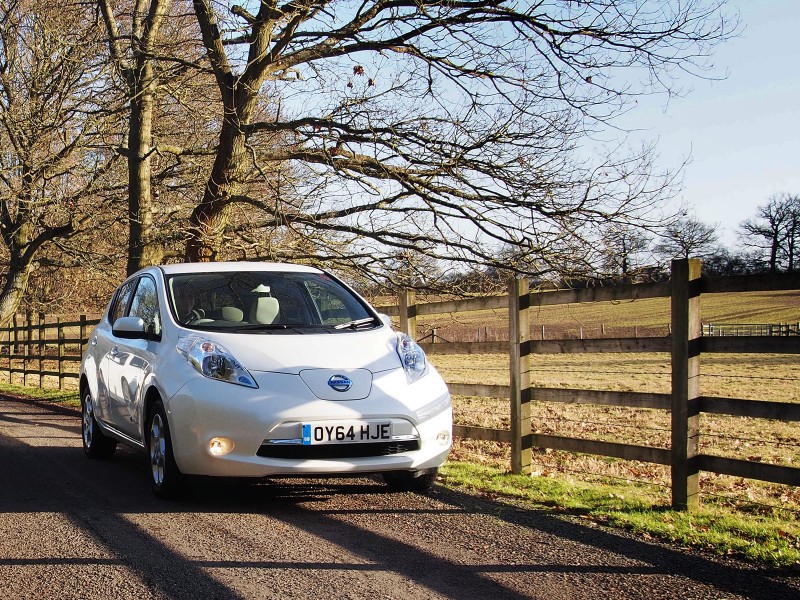The COP21 conference held in Paris this year may mark the beginning of the end for fossil fuel as Europe and indeed the world sets its sights on reducing global emissions. The EU has already pledged to reduce CO2 emissions by 40% by 2030 and with scandals such as Dieselgate highlighting the fact that even the best engineers in the world are feeling the pressure to cheat emissions tests, the writing’s on the wall for traditional fossil fuel.
Put simply, it is impossible for petrol and diesel to reach these aims, without the introduction of electric motive power. Mild hybrids help a bit, plug-in hybrids a lot and battery electric vehicles far more. Alternative fuelled vehicles, like hydrogen fuel cells (FCVs), only emit water and offer similar convenience to that of petrol and diesel.
Car makers are turning to electric power as the solution to all their fossil fuelled woes and understandably so. Electric motors are often more than 90% efficient whereas a state-of-the-art diesel engine can only muster about 40% at best, in a lab and in ideal conditions. Batteries, the only real thing holding EVs back, are taking developmental strides and range anxiety is likely to be a forgotten phenomenon in as little as ten years time or sooner.
For the conference, the Renault-Nissan Alliance has donated 200 electric vehicles to ferry conference delegates in and around Paris and has installed an additional 90 charge points around the capital. Of the 90, 27 are rapid chargers and 14 will remain permanent fixtures available for public use, post conference.
To celebrate COP21, AutoVolt will drive a standard 24kWh Nissan LEAF from London to Paris on 4th December. Founder and editor, Jonathan Musk, said:
“Electric cars have been the brunt of range jokes for long enough. In just five short years, EVs have earned their place alongside petrol and diesel. Not only are they able to clean up air pollution in our cities but also in the countryside too. They offer a refined, rewarding drive and with rapid charging networks are great for long distances too.
Charge point infrastructure has developed at such a rapidity that electric cars are perfectly usable for long distance journeys. The Nissan LEAF is the ideal car to demonstrate this, as it has rightfully remained the benchmark EV ever since it was first introduced in 2010.
Of course, talk is cheap so what better way to demonstrate this than to drive to Paris for COP21 and prove EVs are the future of transport.”
A full write-up of the trip will be included in the next AutoVolt issue, out 16th January 2016, containing essential advice and information for anyone thinking of taking their EV abroad.
If you’d like to follow the journey, follow us on twitter @AutoVoltMag where we’ll post updates as we go using the hashtag #EV2PARIS

